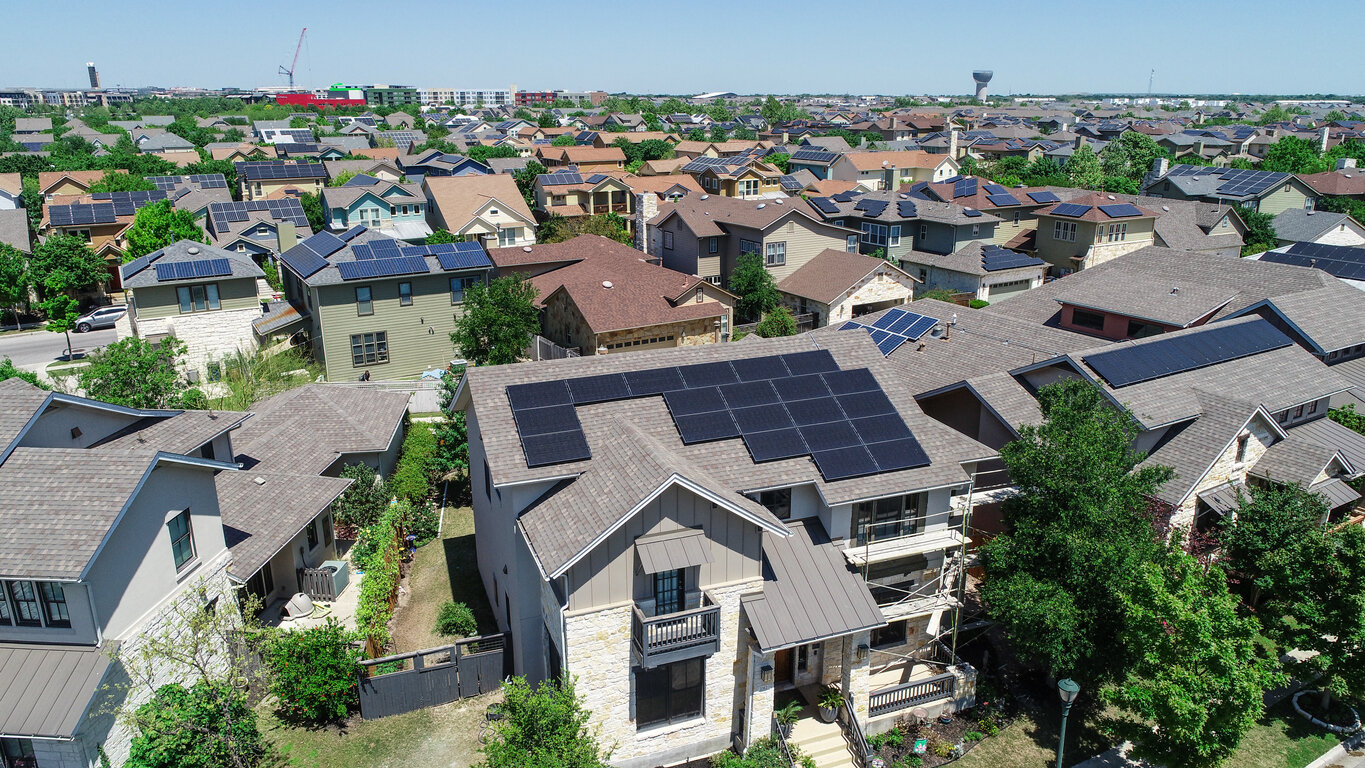What's the Connection Between Solar Panels and the Environment?
Two weeks ago marked the 50th anniversary of the inception of Earth Day; a day when planet dwellers are encouraged to reflect on the state of our climate and the conflicting relationship between humans vs. nature. Phrases such as "carbon footprint", "greenhouse gas", and "fossil fuels" floated around the media with suggestions on how individuals can make a positive environmental impact in our everyday lives.
Earth Day has been a catalyst for change around the world, beginning with the implementation of the Environmental Protection Agency, to the various acts and agreements to curb pollution and global warming. With education and leadership, strides are being made; albeit too slowly.
As a company founded on the moral obligation to help protect the environment, Solar 4 Planet A is passionate about the clean energy industry and helping consumers decide if cleaner energy through solar panels can work for them.
How Do Solar Panels Help the Environment?
Traditional energy via electric companies is sourced through fossil fuels such as coal, oil, and natural gas. When fossil fuels are burned to produce electricity, they emit harmful gases that trap heat in the atmosphere. These greenhouse gases contribute to global warming and will cause long-lasting effects such as a continual rise in temperature and changes in precipitation patterns. Burning fossil fuels for electricity is the largest cause of climate change. According to the World Resources Institute, fossil fuels account for 80% of global energy consumption and 75% of greenhouse gas emissions.
When installed on the roof of a home or building, solar panels turn sunlight into electricity, eliminating the need for fossil fuels and reducing greenhouse gas emissions. Sounds like a no-brainer, right? But while states like California are starting to make "solar power the standard", solar energy is still a relatively new industry requiring a curious consumer ready to take back their power from the utility company and change the traditional source of energy.
Are Solar Panels for Everyone?
Unfortunately not. There are many factors that need to be assessed when considering going solar. A solar consultant can determine if the layout of your roof and the amount of sunlight it receives makes going solar a cost-efficient option.
Also, while solar panels will pay for themselves, one needs either good credit or cash to cover the upfront costs. The size and cost of the system depend on factors such as site details, equipment options, and general habits of the residents. While it's difficult to provide an "average" cost for a system, a solar consultant will provide an estimate upon inspection. Financing options available through many institutions will cover all costs, allowing the homeowner to switch from paying the utility company, to paying off their own asset.
Besides Helping the Environment, Are There Any Benefits to Going Solar?
Yes! To name a few: Tax credits*, monthly savings on utility payments, protection against future electric company price hikes, no maintenance or moving parts, and the panels can possibly help preserve the condition of your roof.
For more in-depth information on solar panels and how they work, check out Solar 4 Planet A's owner Andrew Ehrnstein in an informative podcast hosted by Home Team.
*If installed in 2020, a 26% tax credit is received, 2021, a 22% tax credit is received. No dollar amount cap.

